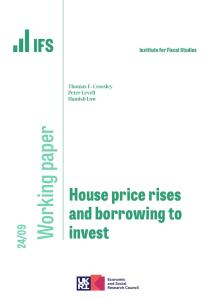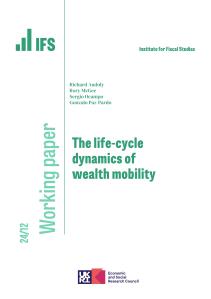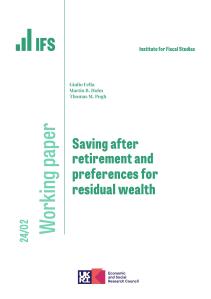Click here to watch the video of this event
Speakers:
- Dame Angela Eagle MP, House of Commons Treasury Committee
- Arun Advani, Wealth Tax Commission
- Helen Miller, Institute for Fiscal Studies
Chair: Peter Rayney, President, CIOT
Venue: Pavilion (part of Empress Suite), The Grand Hotel, Brighton
This event was part of the 2021 Labour Party Conference Fringe, and brought together Treasury Committee members, Wealth Tax Commissioners and IFS experts to discuss the arguments for and against wealth taxes.
During the pandemic, UK government borrowing and spending rose to levels not seen outside of the world wars. The government have already announced almost £40 billion of tax rises this year, which will take tax revenues to their highest ever sustained level of national income. Yet even this is unlikely to be enough avoid public spending cuts, to meet the full costs of an ageing society, to deal with the various inequalities that have risen during the pandemic and to meet other challenges such as achieving net-zero emissions.
If the UK needs to raise more revenue in future, should it make more use of taxes on wealth? Even if the overall tax take doesn’t rise, should more be raised from wealth for distributional reasons? And, if we are to tax wealth more, should this be achieved by reforming current taxes, such as those on property, capital gains and inheritances? Or should the government bring in a new tax on wealth holdings?
A recent Wealth Tax Commission recommended reforming current taxes rather than implementing an annual wealth tax, but highlighted a range of potential benefits to a one-off wealth tax. The cross-party Treasury Select Committee looked at the case for wealth taxes earlier this year, coming down against an annual levy but noting the arguments both ways on a one-off tax. They concluded that the political arguments in favour of a wealth tax would strengthen if the wealth to income ratio increases.











